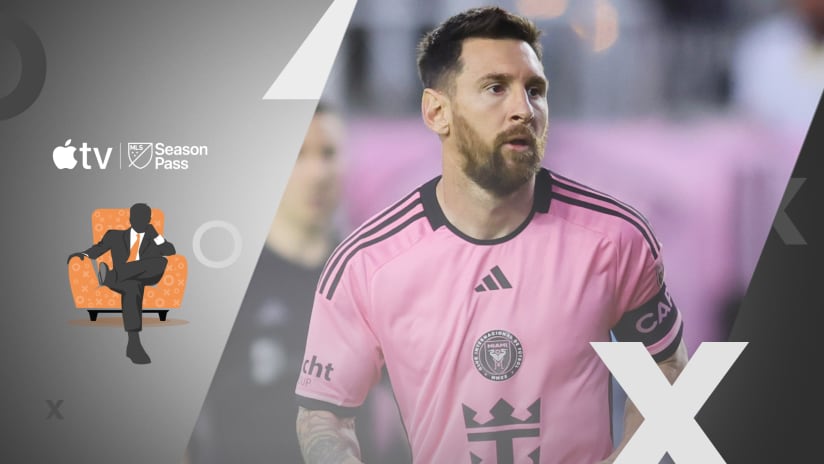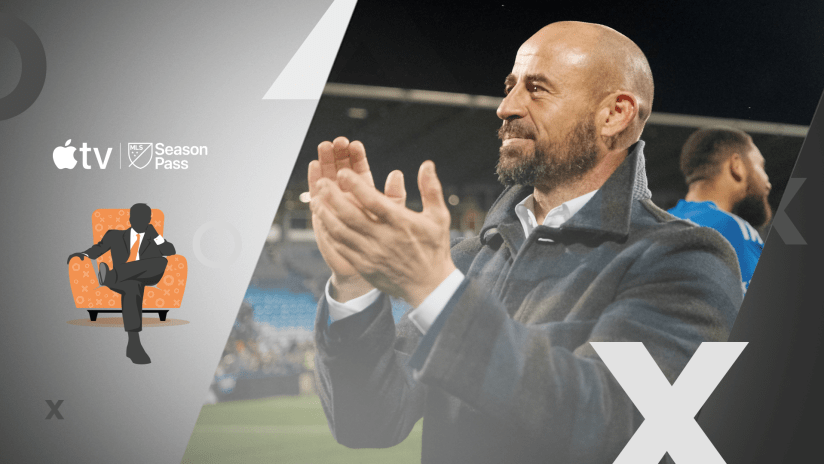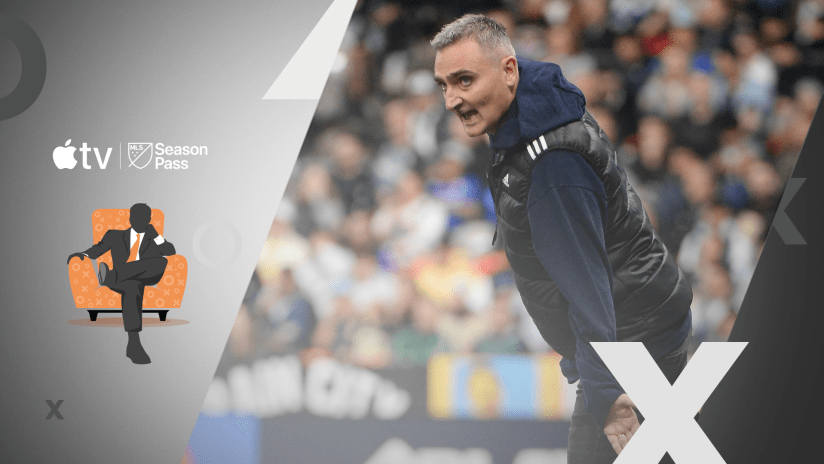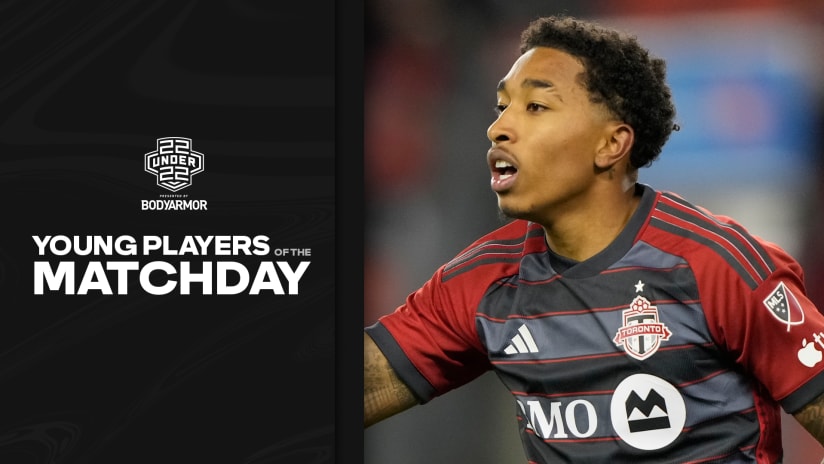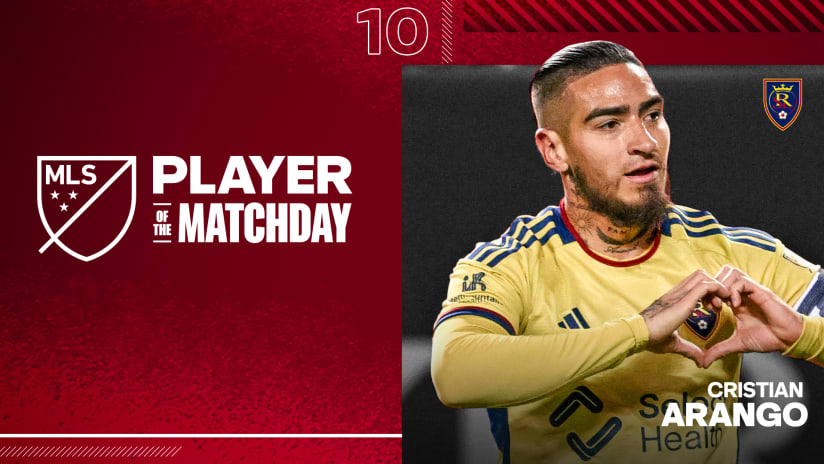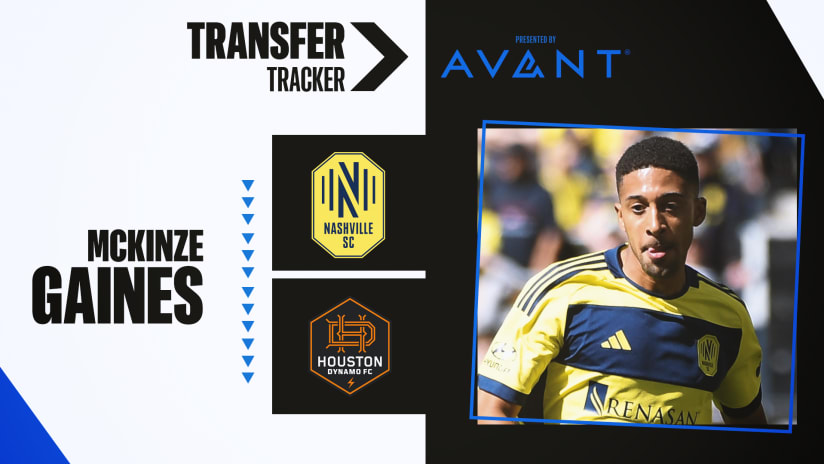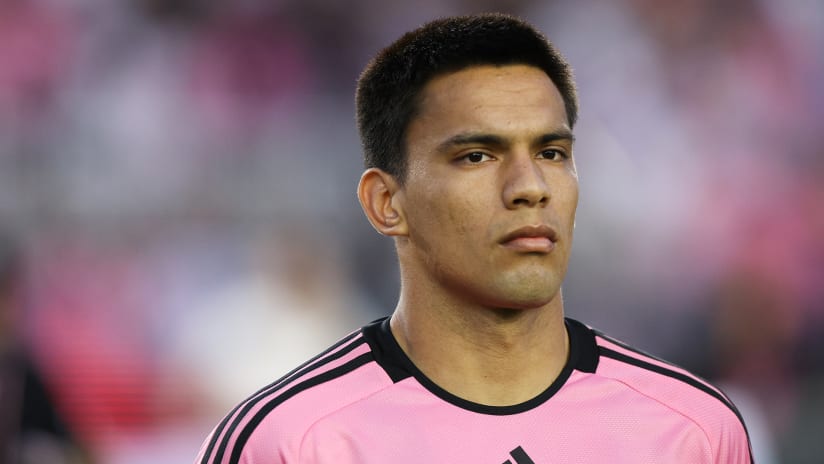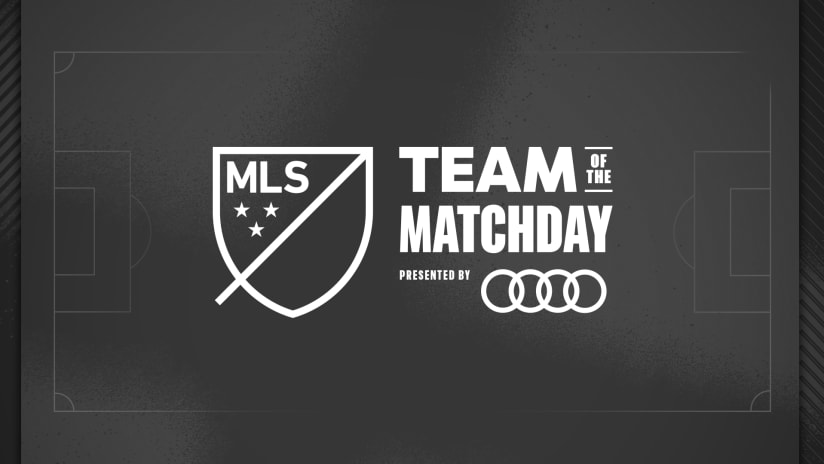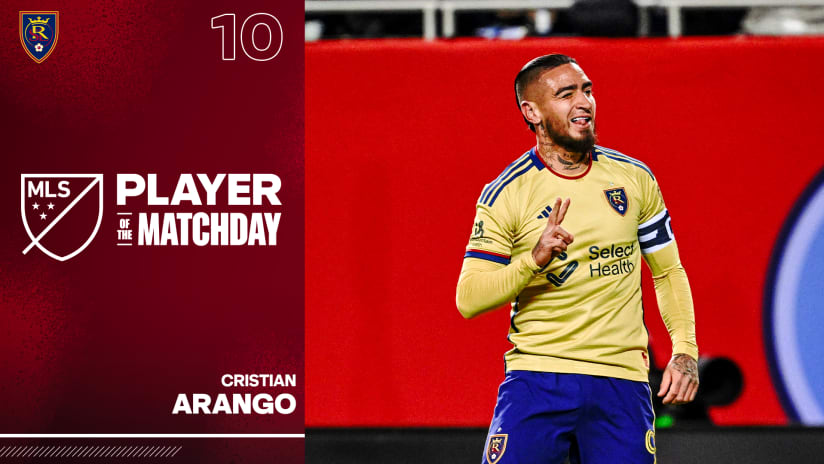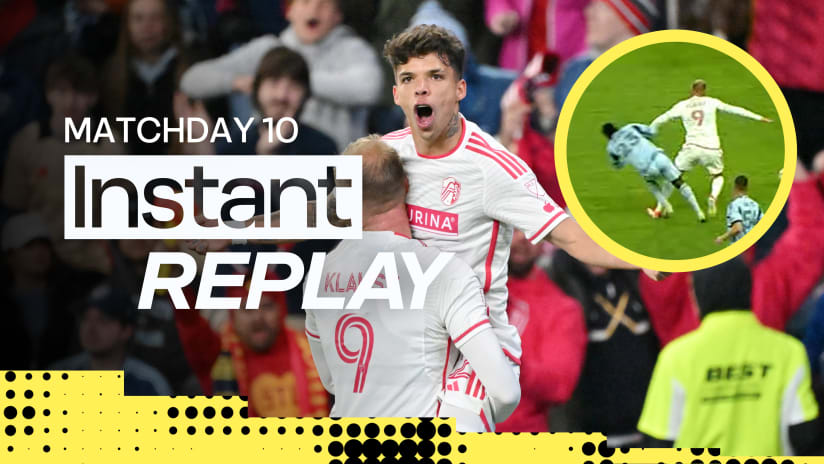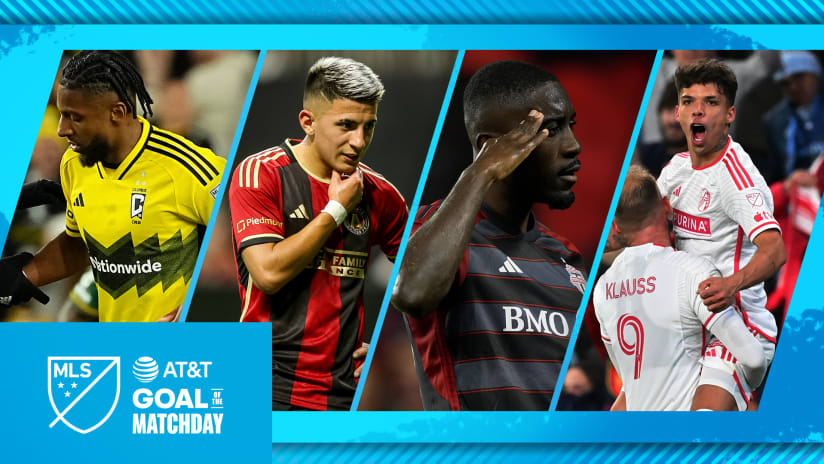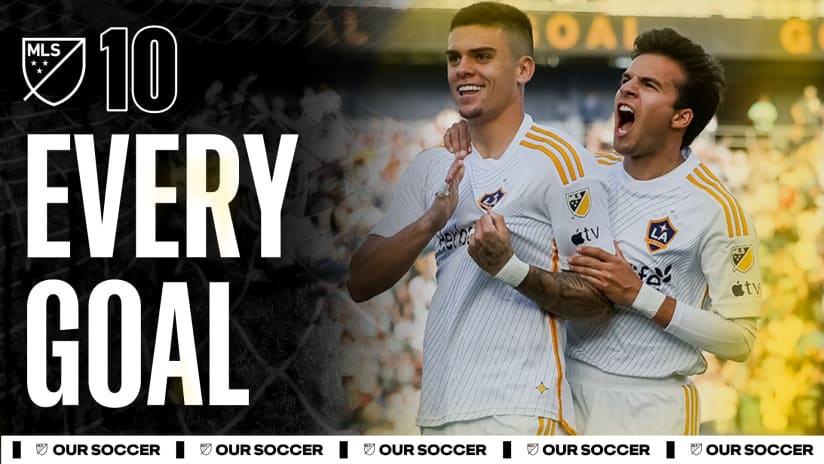The US were drawn somewhere between the devil and the deep blue sea for next summer’s World Cup, as the soccer gods got even with “extreme prejudice,” to borrow Bob Ley’s phrasing.
What is there to say about this group that includes Germany, Ghana and Portugal? It’s beyond “tough” – it’s definitely the hardest group at next summer’s tourney. It’s the Group of Death, and judging by my twitter feed, most US fans feel already like they’re far too close to breathing their last.
But, weirdly, this is what we needed. Here’s why:
1. The US have done weirdly well against the “big” teams
Go all the way back to the 1990 World Cup, and you’ll see that the US have gotten results (or at least put in good performances) against the group heavies. That ’90 team came within inches of drawing Italy – Walter Zenga used his butt to save a Peter Vermes blast and preserve a 1-0 lead.
Four years later the Yanks beat Colombia, everybody’s darling heading into USA ’94. They got trucked by Germany in 1998, then memorably beat Portugal 3-2 in 2002. They drew eventual-champions Italy in 2006, and they drew presumed group favorites England in 2010.
There are three “big” teams in the USMNT group this time around, and the US has a history of playing up to that competition.
Omar’s ready to wear his Big Boy Pants:
2. FIFA loves a narrative
Look, I’m not going to say that the draw was rigged – I’m going to be really brave and let you infer it.
Didn’t everybody secretly think that, once Jurgen Klinsmann was hired, the US and Germany were destined to meet? He certainly did, telling ESPN afterward that he had a “kind of pit in my stomach, thinking we would get Germany…”
And doesn’t everybody just love a rematch (hello Ghana, our old friends…)?
I have no theories yet about Portugal (Twitter does!), but I did just buy a roll of tinfoil and have started making a new hat. I’ll get back to you soon.
3. The weather is on the US’ side
Yes, June (we’re not even going to talk about playing into July just yet) is the start of the Brazilian winter, but it’s still the tropics. It’s going to be hot and sweaty:
- Natal (vs Ghana) – Average high of 82 degrees, Average low of 70
- Manaus (vs Portugal) – Average high of 88 degrees, Average low of 74
- Recife (vs Germany) – Average high of 81 degrees, Average low of 68
You’re laughing and thinking “MLS teams play in worse than that all the time!” and of course you’re right. And you’re making my point: the US, with the bulk of the roster either having played in MLS, or still playing in MLS, will be equipped to deal with the tropical climate better than the two European sides (we’re just going to have to beat Ghana on our own, folks).
We saw the two German-Americans who log regular minutes for the US – Jermaine Jones and Fabian Johnson – melt in the heat of CONCACAF already. We saw Germany basically give up on a friendly this past summer in Washington, D.C. They will struggle in Brazil.
Portugal, with a median temperature slightly higher and more stable than Germany’s, probably won’t suffer as much. But they won’t be used to the heat, and definitely not the humidity, in the way that the US and Ghana are.
Look, there’s a reason European teams usually fail in non-European World Cups. The lone exception is South Africa 2010, which was a real winter World Cup with temperatures and relative humidity very similar to mainland Europe’s during the club season. Next summer, especially in Group G, won’t be like that at all.
Bonus thought: Crisis and Opportunity
This really isn't a crisis for the US, but it definitely is a big opportunity.
Look, the last 25 years of soccer in the States has seen a slow, steady growth through all aspects of the game. We, who live it and breathe it and cheer for it in the heat of the Salt Lake City summer or the depths of the Kansas City winter, know that. The world, however, has its doubts.
So the opportunity is this: If you want to be somebody, you've got to beat somebody. The US are drawn against three "somebodies."
Let them have the crisis.



